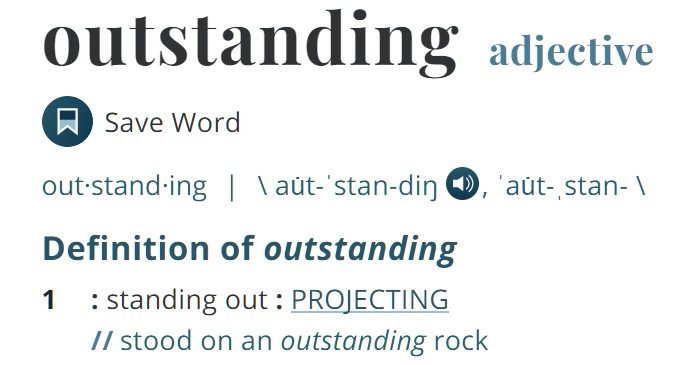Home
> Anti-Piracy > DMCA >A software review site recently tried to remove links to 'competitors' that lifted its writings without permission. While this urge is understandable, the execution was far from perfect. In addition to using long phrases to identify copied content, the site also asked Google to remove pages that mentioned "here is a brief introduction," or even the word "outstanding."
 Copyright infringement comes in many shapes and sizes.
Copyright infringement comes in many shapes and sizes.
Pirating music, movies, and software are prime examples, but copying a random photo from the Internet can be problematic as well.
And then there’s text.
While some publications, this one included, are quite lenient when it comes to copying, others are more restrictive. Republishing an article from The New York Times, for example, is not permitted.
The software review site ThinkMobiles also falls into the restrictive category. In fact, on every page, the site reminds readers that “all articles are subject to copyright and can not be reproduced without permission.”
This is an understandable policy for a publisher in their niche. After all, when you put many hours into writing a review, you don’t want to see others taking it for free and profiting from it.
ThinkMobiles Asks Google to Take Down ‘Infringing’ Links
Perhaps this is the reason why ThinkMobiles sent a series of DMCA requests to Google a few weeks ago. The notices alert the search engine to “copyright infringing” links, which the company wants to have removed.
For example, one notice identifies several sites that copied phrases from ThinkMobiles, including the following:
“Various suites offer certain packages: Director Suite with far beyond video editing and color grading, Ultimate is the most relevant for a median user with all the core stuff in it, and Ultra is the same but without some extra features.”
This isn’t much of a problem if these sites indeed copied full articles. Using full phrases to search for copycats is a common strategy that works, as long as the sender makes sure that it’s indeed their content being lifted.
Shorter Phrases, More Problems
However, ThinkMobiles doesn’t restrict its searches to long phrases. It also identifies shorter combinations of words, including “Verdict: we highly recommend it” and “and click export.” Needless to say, this is causing issues.
The “and click export” takedown notice, for example, lists URLs from Adobe.com, Google.com, and Microsoft.com, that have absolutely nothing to do with the software review site.

Browsing through other takedown requests from the same site, we found even more broad takedown requests. One notice even claims ‘copyright’ on the word “outstanding,” asking Google to remove the URLs of sites operating popular dictionaries including Cambridge and Merriam Webster.

These erroneous takedown requests show that using short phrases or words to search for copied content is pointless. And even with longer phrases, senders always have to verify that the URLs they target are infringing.
After all, we copied a sentence from ThinkMobiles in this very article but, in a news context, we see that as fair use.
The good news is that Google rejected these overbroad DMCA takedown requests (outstanding!), so no damage was done. However, it could have easily slipped by them, as it will slip by many other sites that automatically process takedown notices.
No comments:
Post a Comment